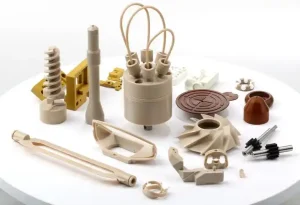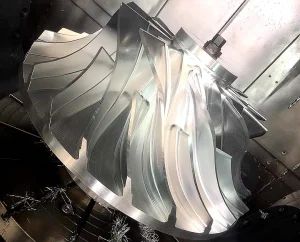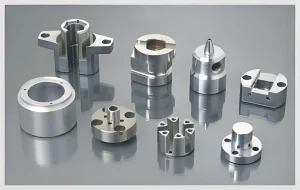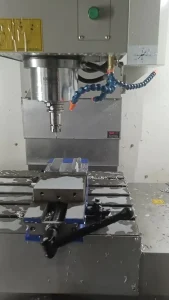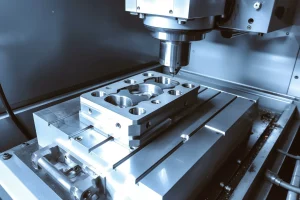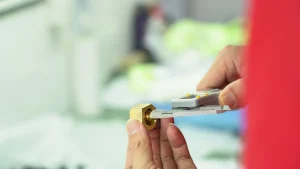CNC machining is an essential process in modern manufacturing. It allows for precise shaping and cutting of various materials. However, not all materials are easy to machine. Some are much harder and present significant challenges. In this article, we’ll discuss what the hardest materials to CNC machine are and why they are difficult to work with.
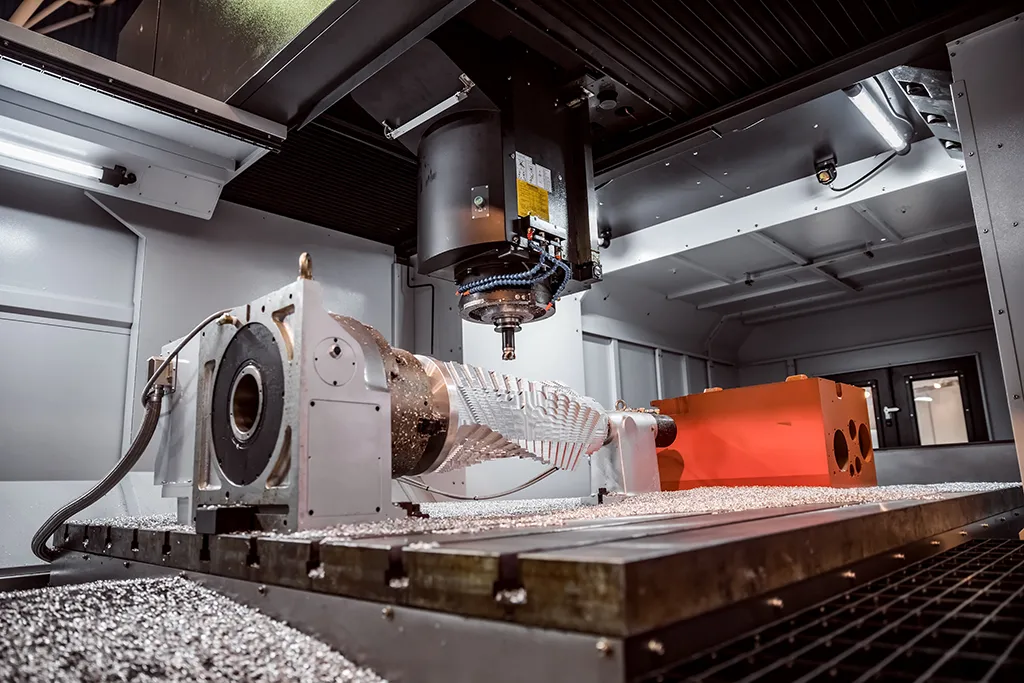
1. Understanding Hard Materials in CNC Machining
Hard materials are often defined by their resistance to wear, cutting, or deformation. These materials are typically stronger and more durable than others, making them ideal for demanding applications. However, their hardness also makes them challenging to machine. The tools used in CNC machining must be stronger than the material itself to cut or shape it effectively. When the material is extremely hard, it can cause excessive wear on cutting tools, slow production, and lead to higher costs.
In short, the harder the material, the more challenging it is to machine.
2. Tungsten: One of the Hardest Materials to Machine
Tungsten is widely known for its hardness and is one of the toughest materials to CNC machine. This metal has a very high melting point and excellent strength. These qualities make it perfect for applications in aerospace, military, and high-temperature environments. However, these same qualities also make it extremely difficult to machine.
Tungsten’s hardness can quickly wear out cutting tools, and its brittleness makes it prone to chipping during machining. Operators must use specialized techniques and tools designed specifically for tungsten to achieve a successful outcome.
In summary, tungsten’s toughness makes it ideal for extreme conditions but challenging for CNC machining.
3. Titanium: A Common but Tough Material
Titanium is another material that presents challenges in CNC machining. Though it is widely used in industries like aerospace, medical devices, and automotive, its hardness can cause problems during machining. Titanium has a high strength-to-weight ratio and excellent corrosion resistance, making it a preferred choice for many applications. However, its hardness, combined with its ability to retain heat, makes it difficult to machine without damaging tools.
Cutting tools often overheat when machining titanium, leading to faster wear and tear. To work with titanium, operators must use lower cutting speeds and cooling fluids to prevent the material from heating up.
Simply put, while titanium is essential in many industries, it requires careful machining to avoid damaging tools.
4. Inconel: Hard and Heat Resistant
Inconel, a superalloy, is another difficult material to machine. It’s often used in industries that require extreme heat resistance, such as aerospace, power generation, and chemical processing. Inconel maintains its strength even at high temperatures, making it ideal for engine parts and gas turbines. However, its toughness also makes it a challenge for CNC machining.
Inconel’s hardness, combined with its ability to resist heat, makes cutting tools wear out quickly. This material often requires specialized cutting tools made from high-speed steel or carbide, along with specific machining techniques like slower cutting speeds and more frequent tool changes.
In short, Inconel’s resistance to heat makes it ideal for harsh environments, but it can be challenging to machine effectively.
5. Hardened Steel: A Common Challenge
Hardened steel is frequently used in the manufacturing of tools, dies, and molds. The hardening process makes this material extremely durable, but it also makes CNC machining more difficult. Hardened steel is prone to causing cutting tools to wear out faster than softer metals. The harder the steel, the more effort and tool maintenance is required during the machining process.
To machine hardened steel effectively, manufacturers must use specialized tools made from materials like carbide or cubic boron nitride (CBN). Additionally, they must use specific machining techniques to minimize tool wear and achieve high precision.
In summary, while hardened steel is crucial for making durable parts, its toughness requires extra care during CNC machining.
6. Ceramics: Extreme Hardness with Unique Challenges
Ceramics are among the hardest materials to CNC machine due to their extreme hardness and brittleness. Although not technically a metal, ceramics are frequently used in high-performance applications, such as aerospace and electronics. Machining ceramics is particularly challenging because they can easily crack or shatter during the process.
To machine ceramics successfully, manufacturers often use diamond-tipped tools and advanced machining techniques, such as grinding. This allows for a smoother finish while reducing the risk of material damage.
In short, ceramics’ extreme hardness makes them one of the most difficult materials to machine, requiring specialized tools and methods.
Conclusion
The hardest materials to CNC machining—tungsten, titanium, Inconel, hardened steel, and ceramics—all present unique challenges. Their toughness, heat resistance, and brittleness require manufacturers to use specialized tools, lower cutting speeds, and precise techniques to avoid tool wear and ensure quality results.
While these materials are challenging to work with, their strength and durability make them essential in high-performance industries like aerospace, medical, and military. Understanding the difficulties of machining hard materials helps manufacturers prepare for the demands of these projects and choose the right methods for each job.

